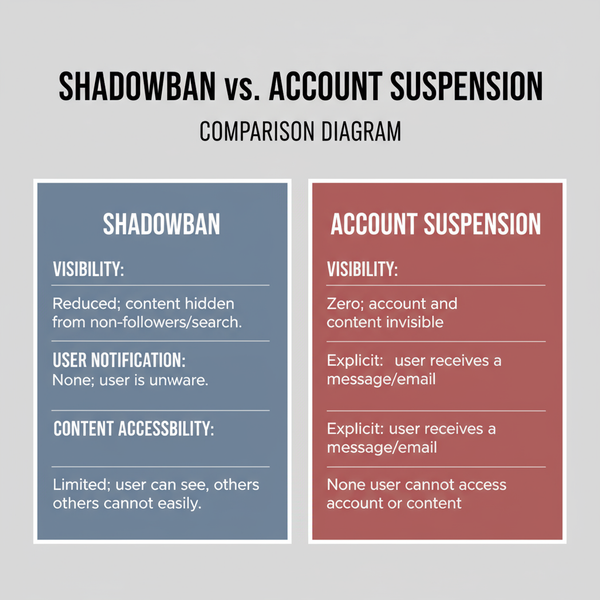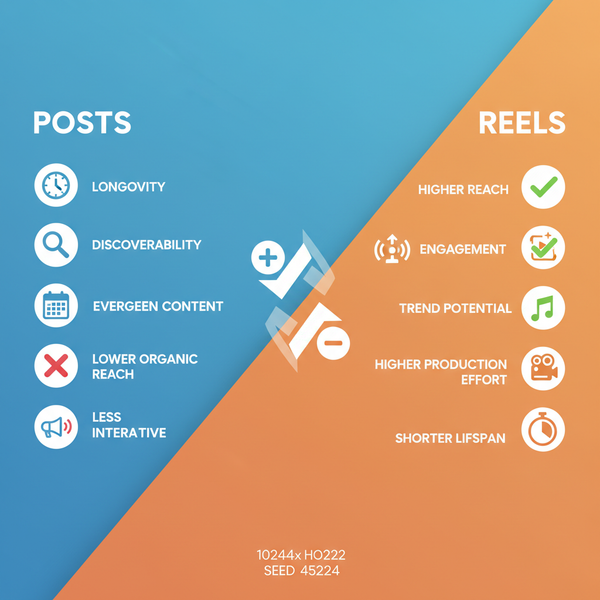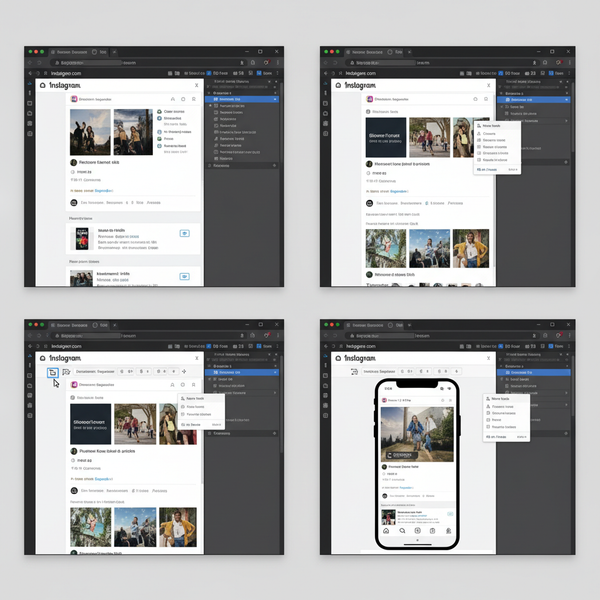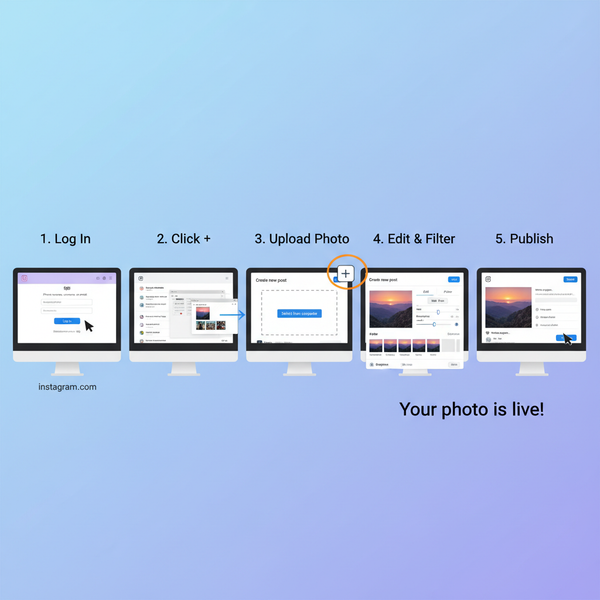9 16 Pixels Dimensions and Guide for Vertical Video
Learn the best 9:16 pixel dimensions, resolutions, and setup tips to create optimized vertical videos for TikTok, Instagram Reels, and YouTube Shorts.
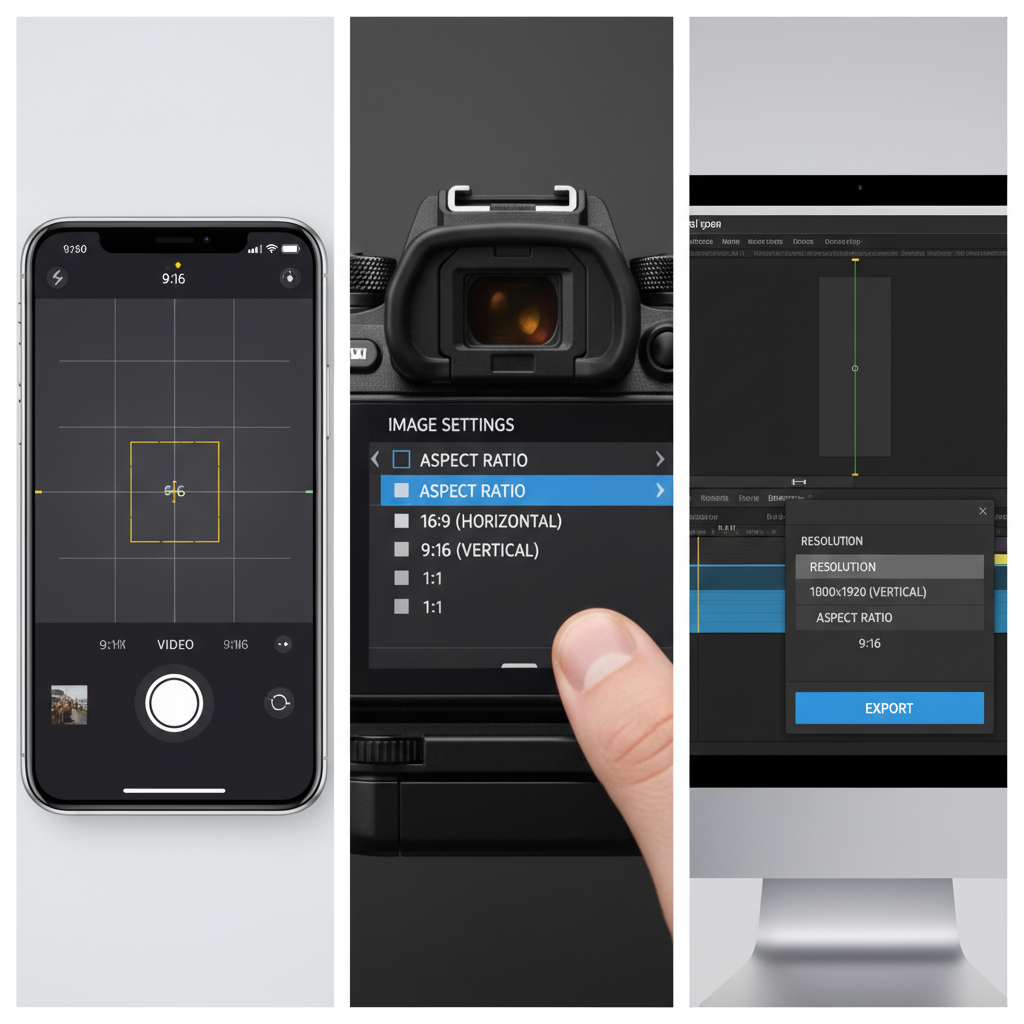
Introduction to the 9:16 Aspect Ratio and Its Relevance
The 9:16 aspect ratio is now the standard for vertical video content, dominating mobile-first platforms such as TikTok, Instagram Reels, and YouTube Shorts. Since most smartphone users hold their devices vertically, this ratio delivers a more immersive, full-screen viewing experience that aligns perfectly with modern social media consumption.
Unlike the traditional landscape format (16:9), the 9:16 ratio flips the frame vertically, prioritizing height over width. This tall, narrow configuration works exceptionally well for capturing portraits, close-ups, and dynamic social content without letterboxing or wasted screen space. If you want to produce professional-quality mobile-first videos, understanding 9:16 pixels, dimensions, and optimization is essential.

---
Difference Between Aspect Ratio and Resolution
Many creators confuse aspect ratio with resolution, but they are different principles:
- Aspect Ratio – The proportional relationship between width and height (e.g., 9:16 means for every 9 units of width, there are 16 units of height).
- Resolution – The precise number of pixels (width × height) in the frame.
For example:
- 9:16 aspect ratio can be achieved with resolutions such as `720×1280` or `1080×1920`.
- Increasing resolution while maintaining the ratio improves visual sharpness without changing the overall shape.
Understanding this distinction is critical for choosing the right settings for both shooting and post-production.
---
Common 9:16 Pixel Dimensions
The 9:16 format can be applied at multiple resolutions, depending on platform requirements, internet bandwidth, and desired quality.
| Resolution (WxH) | Common Name | Use Case |
|---|---|---|
| 720 × 1280 | HD Vertical | Great for mobile streaming with smaller file sizes |
| 1080 × 1920 | Full HD Vertical | Most common output for TikTok, Instagram Reels, YouTube Shorts |
| 1440 × 2560 | 2K Vertical | High-end vertical ads and premium presentations |
| 2160 × 3840 | 4K Vertical | Ultra-high-quality vertical productions, future-proof content |
These resolutions share the same 9:16 ratio but vary greatly in sharpness and file size.
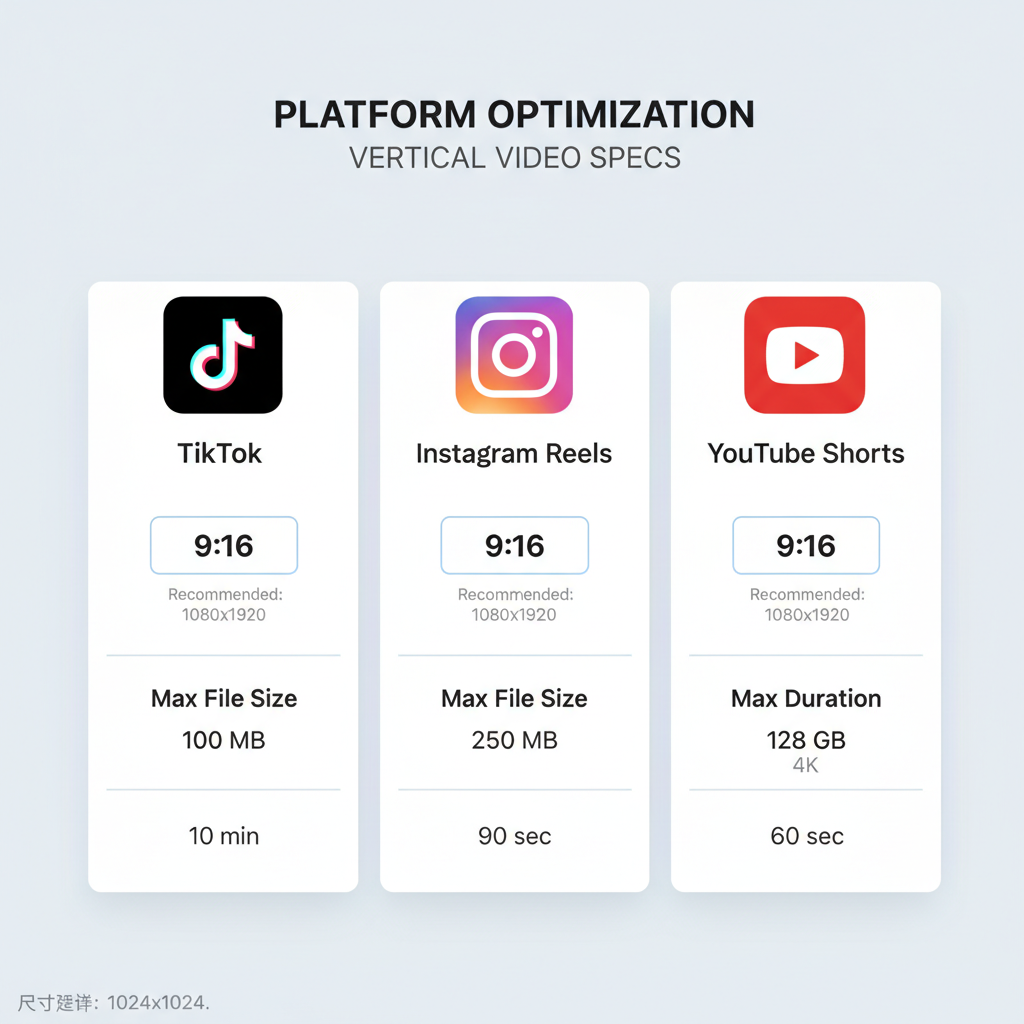
---
Why 9:16 Format Dominates TikTok, Instagram Reels, and YouTube Shorts
The 9:16 ratio leads short-form video because of both user behavior and platform strategies:
- Full-screen Immersion – Fills the entire mobile screen without requiring rotation.
- Algorithm Boost – Platforms favor vertical videos, increasing reach potential.
- Natural Capture – Smartphones shoot vertically by default.
- Optimized Interface – UI elements like comments, likes, and sharing buttons fit neatly beside the content.
This combination of habit, technology, and algorithmic preference has cemented 9:16 as the default format for mobile-first audiences.
---
How to Set Up Your Camera or Editing Software for 9:16 Output
On Cameras & Smartphones
Many devices allow you to choose aspect ratio before recording:
- iPhone Camera App → Settings → Format → Select 9:16
- Android Camera App → Aspect Ratio → Select 9:16
In Video Editing Software
Popular tools make it easy to set vertical output:
- Adobe Premiere Pro: Sequence Settings → Frame Size: 1080 × 1920
- Final Cut Pro: Project Properties → 9:16 Aspect Ratio
- DaVinci Resolve: Timeline → Custom Aspect Ratio: 9:16
Example Settings for Full HD 9:16 Vertical Video:
Width: 1080 px
Height: 1920 px
Frame Rate: 30 fps
Pixel Aspect Ratio: Square (1.0)---
Optimizing Vertical Video for Different Platforms
Each platform compresses videos differently, so platform-specific optimization ensures the best playback quality.
Compression & File Size Tips
- TikTok: Uses aggressive recompression — pre-encode with H.264 and moderate bitrate.
- Instagram Reels: Avoid excessive compression to prevent blur.
- YouTube Shorts: Accepts higher bitrates but still benefits from optimized encoding.
Recommended File Formats
- .mp4 (H.264) – Best combination of quality and file size.
- .mov – Higher quality but larger files.
- Audio: AAC at 128kbps or higher for clarity.
---
Best Practices for Framing and Composition in 9:16
Framing for vertical video requires some creative adjustments:
- Center Subjects – Keeps faces and key elements clearly visible.
- Respect the Safe Zone – Leave space for overlays (like captions and buttons).
- Enhance Depth with Vertical Lines – Leading lines work particularly well.
- Use Intimate Close-Ups – Works best on smaller screens.
- Text Positioning – Ensure text isn’t obscured by platform UI.
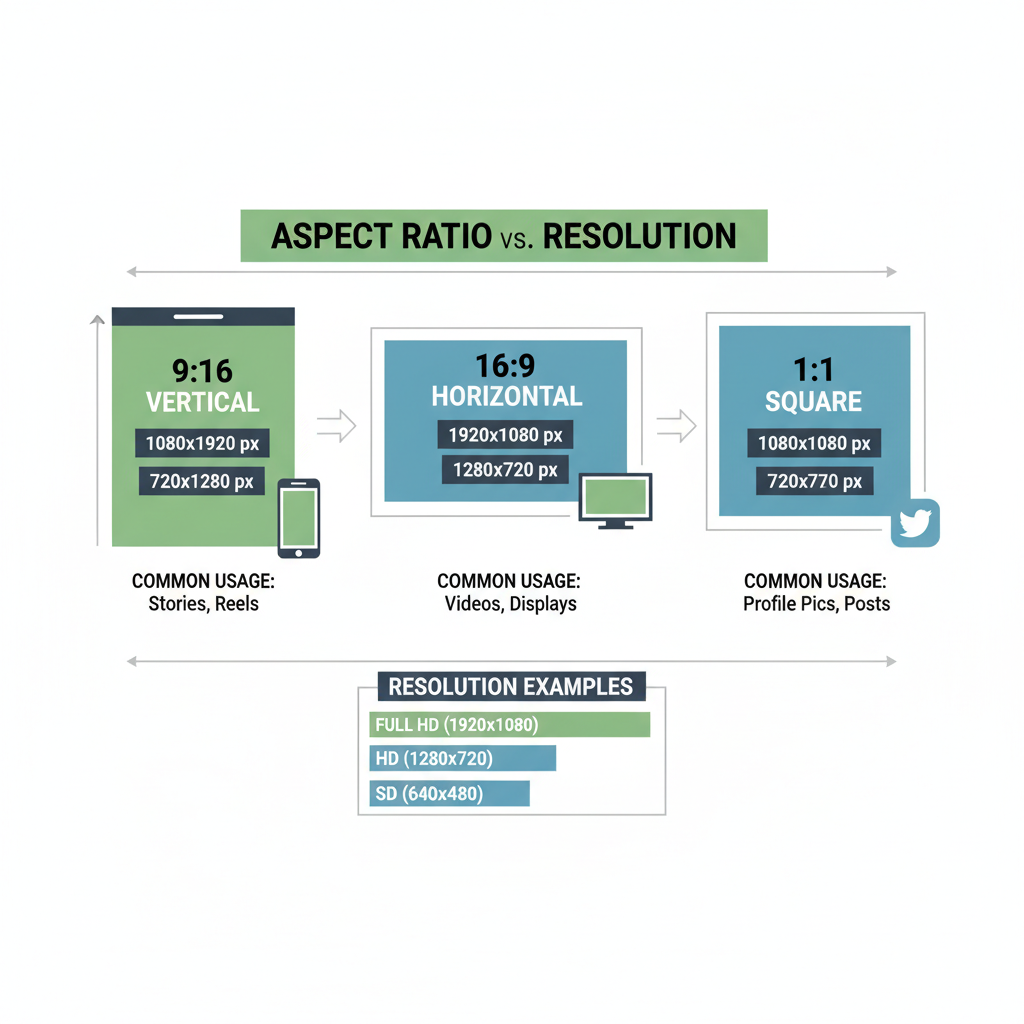
---
Designing 9:16 Graphics for Ads and Stories
Vertical ads and static story graphics also benefit from correct settings:
- Start at Native Resolution: e.g., 1080×1920 for Instagram Stories.
- Visual Hierarchy: Place important calls-to-action in the middle section.
- Branding Consistency: Preserve colors, fonts, and tone.
- Readable Fonts: Large typefaces work best for quick reads on mobile.
Tools such as Canva, Figma, and Photoshop offer ready-made vertical templates.
---
Troubleshooting Common Issues
Cropped Elements After Upload
✔ Solution: Keep critical visuals in the safe zone and export exactly in 9:16.
Black Bars on Sides
✔ Solution: Always shoot and edit natively in 9:16 to prevent pillarboxing.
Blurry or Pixelated Video
✔ Solution: Export using a higher bitrate and avoid multiple compressions before publishing.
---
Conclusion and Future Trends of Vertical Video Content
The 9:16 aspect ratio is more than a fleeting style; it’s a core standard in video marketing and entertainment. With mobile-first audiences growing and platforms investing in short-form formats, this vertical setup is here to stay.
We can expect increasing adoption of 4K vertical video, augmented reality effects optimized for vertical viewing, and even interactive ads built specifically for 9:16 frames. For content creators, marketers, and brands, mastering 9:16 video production ensures maximum reach, engagement, and visual impact.
Ready to maximize your mobile content strategy? Start shooting, editing, and designing in 9:16 today to meet your audience exactly where they are — scrolling vertically on their smartphones.

